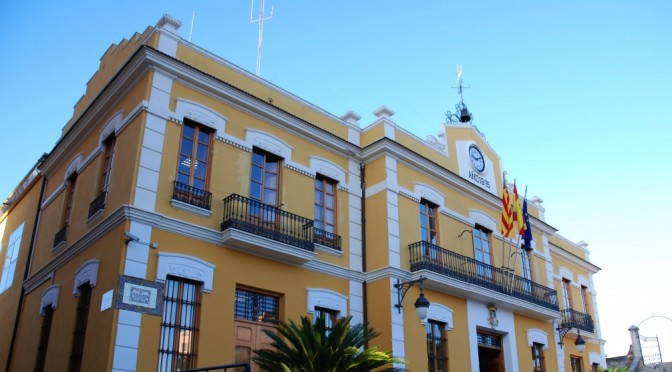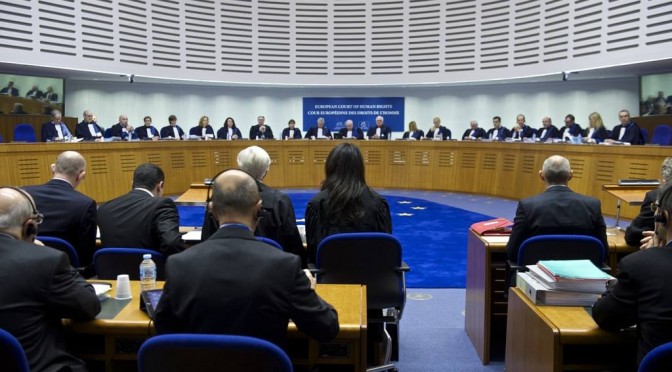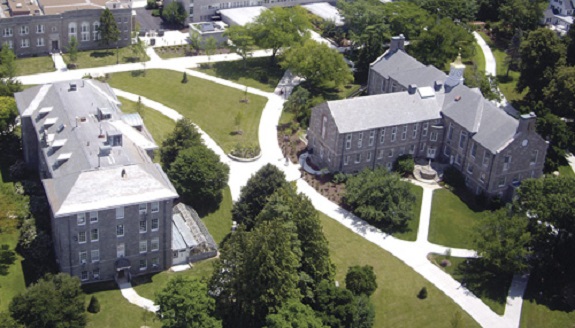Month: January 2015
-

Spain’s Burjassot city recognizes Armenian Genocide
(horizonweekly.ca) The municipal council of Burjassot city of Spain has approved a motion recognizing the Armenian Genocide. The motion was presented by Compromis party, the press service of the Armenian Foreign Ministry reports. The motion said that this year marks the centenary of the Armenian Genocide – the first genocide of the 20th century. “In…
-

ECHR Holds Hearing on Genocide Denial (Detailed Report)
(armenianweekly.com) STRASBOURG (A.W.)—The European Court of Human Rights (ECHR) held a Grand Chamber hearing on Jan. 28, in the case of Dogu Perincek v. Switzerland. The case stems from a Swiss court verdict that in 2007 fined Perincek, a Turkish ultranationalist activist and chairman of Turkey’s Workers’ Party, over his 2005 statement calling the Armenian…
-

Israel President implicitly recognizes Armenian Genocide during General Assembly Holocaust memorial
Haaretz – Israel President Reuven Rivlin told the UN General Assembly on Wednesday that “cynical” accusations against Israel of genocide and war crimes harm the world body’s ability to fight the real thing. Speaking at the assembly’s ceremony marking International Holocaust Remembrance Day, Rivlin mentioned the 1915 Armenian Genocide – the killing of more than…
-

Genocide Education Project Establishes Course at University of Rhode Island
(asbarez.com) KINGSTON, I.R.—The University of Rhode Island is offering “The Armenian Experience: History and Culture,” a course on Armenian history, at its Kingston campus for the spring 2015 semester, beginning Jan. 26. As part of its “GenEd-HigherEd” initiative, The Genocide Education Project Rhode Island branch co-chairs, Pauline Getzoyan and Esther Kalajian, developed and proposed the…
-

ACO Releases Statement on Armenian Genocide
The Action Chrétienne en Orient (ACO) Fellowship released the following statement calling on its member churches to devote one Sunday in 2015 to the commemoration of the Armenian Genocide. The Action Chrétienne en Orient was originally created to provide assistance to the victims of the genocide that struck the Armenian people at the beginning of…